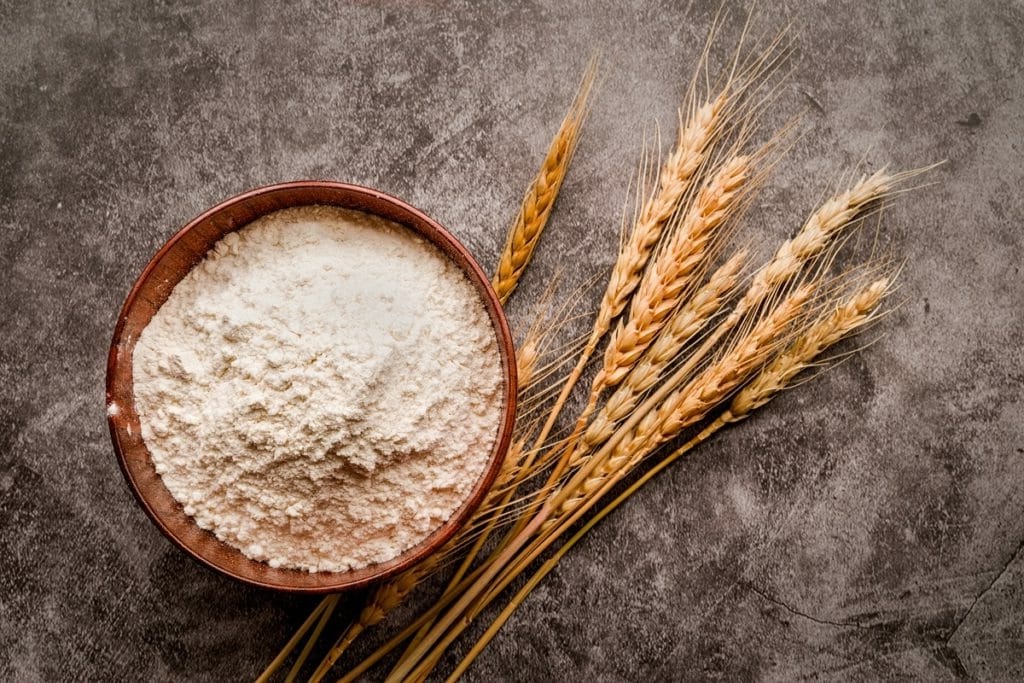India: Wheat flour supply dips, prices increase

Retail prices of wheat flour (atta) have jumped 17% in the past one year due to a shortage of the staple in open markets, millers have said, urging the government to release grains from its own reserves.
Lower supplies have led wheat flour price — at an all-India daily average retail price of 36.98 a kg — to almost equal that of rice, which stands at ₹37.96 per kg, according to data from the consume affairs ministry.
“The main reason behind the rise of wheat flour prices is the increase in wheat prices. The rates have increased because this year, the government has not offloaded any wheat through open market sale,” said Rakesh Anand of the Roller Flour Mills Association.
The government releases grains from federally held stocks of the Food Corporation of India through a scheme called open market sales scheme (OMSS). This is mainly done to create space for state-run granaries and keep prices under control.
This year, the government has not offloaded any wheat into private markets through the OMSS because of its tight stock position. “Due to this, wheat prices in north India soared to ₹2900 a quintal (100 kgs), while the minimum support price stands at ₹2,125 a quintal,” said Binod Johar, a trader in Punjab’s Khanna mandi (farm-gate market).
“The government is regularly monitoring prices of essential items. Wheat prices are above MSP currently. This has benefited farmers. Compared to last month, there is a marginal increase in retail and wholesale prices of wheat,” food secretary Sanjeev Chopra said on November 23.
A severe heatwave in March had crimped India’s what output by 3 million tonnes to 106 million tonne. The government was able to procure 18.7 million tonnes compared to 43.3 million tonnes in the previous year. To prevent a domestic food crisis, the government banned overseas wheat sales in May.
Procurement refers to the government’s purchase of wheat and rice for its own stocks, which is used to run the public distribution programme.
The food ministry has projected that by the end of March 2023, the government will have 11.3 million tonnes of wheat and 23.6 million tonnes of rice, which will be sufficient to meet all requirements for food handouts.
Read also
Wheat in Southern Brazil Impacted by Dry Weather and Frosts
Oilseed Industry. Leaders and Strategies in the Times of a Great Change
Black Sea & Danube Region: Oilseed and Vegoil Markets Within Ongoing Transfor...
Serbia. The drought will cause extremely high losses for farmers this year
2023/24 Safrinha Corn in Brazil 91% Harvested
Write to us
Our manager will contact you soon



